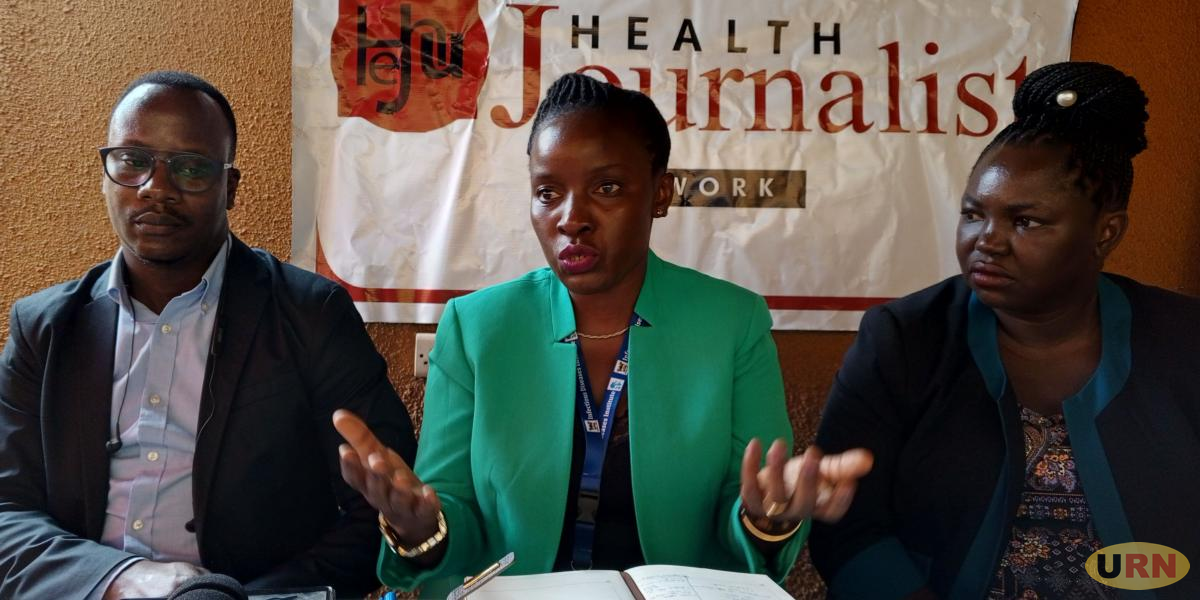Patients battling Multi-Drug Resistant Tuberculosis (MDR-TB) in Uganda will soon benefit from a significant reduction in their treatment duration.
Doctors anticipate that this change will help decrease the number of unnecessary deaths caused by TB and reduce the high cost of treatment per person.
MDR-TB is a form of tuberculosis infection caused by bacteria that are resistant to at least two of the most potent first-line anti-TB medications. The Ministry of Health estimates that treating each person with MDR-TB currently costs 13.4 million Shillings, which is ten times more expensive than treating drug-sensitive TB.
Dr. Susan Adakun, the head of the Tuberculosis Unit at Mulago National Referral Hospital, shared during a press briefing on Wednesday that they are working on developing new guidelines to reduce the treatment duration for MDR-TB patients from the current nine to six months.
These new guidelines will involve discontinuing drugs that have been associated with severe side effects, including those that contribute to mental health challenges among users.
Dr. Mary Nabukenya Mudiope, the TB program lead at USAID Uganda, emphasized that the reduction in treatment duration will enable them to save more lives, as MDR-TB is curable with proper treatment. Previously, patients had to endure a 24-month treatment period, which often led to dropouts due to pill fatigue.
According to Dr. Mudiope, many patients would prematurely discontinue treatment when their symptoms improved, mistakenly assuming they had cleared the infection. However, this premature discontinuation leaves the infection unresolved.
Dr. Adakun added that the majority of deaths related to MDR-TB occur among those who seek medical care when the disease has already progressed, resulting in severe complications such as permanent lung scarring.
Furthermore, statistics reveal that three out of every four people reporting TB in Uganda are male, indicating a gender imbalance in TB cases.
The new guidelines, once implemented, are expected to improve treatment outcomes, reduce costs, and contribute to the overall effort to combat TB in Uganda.



